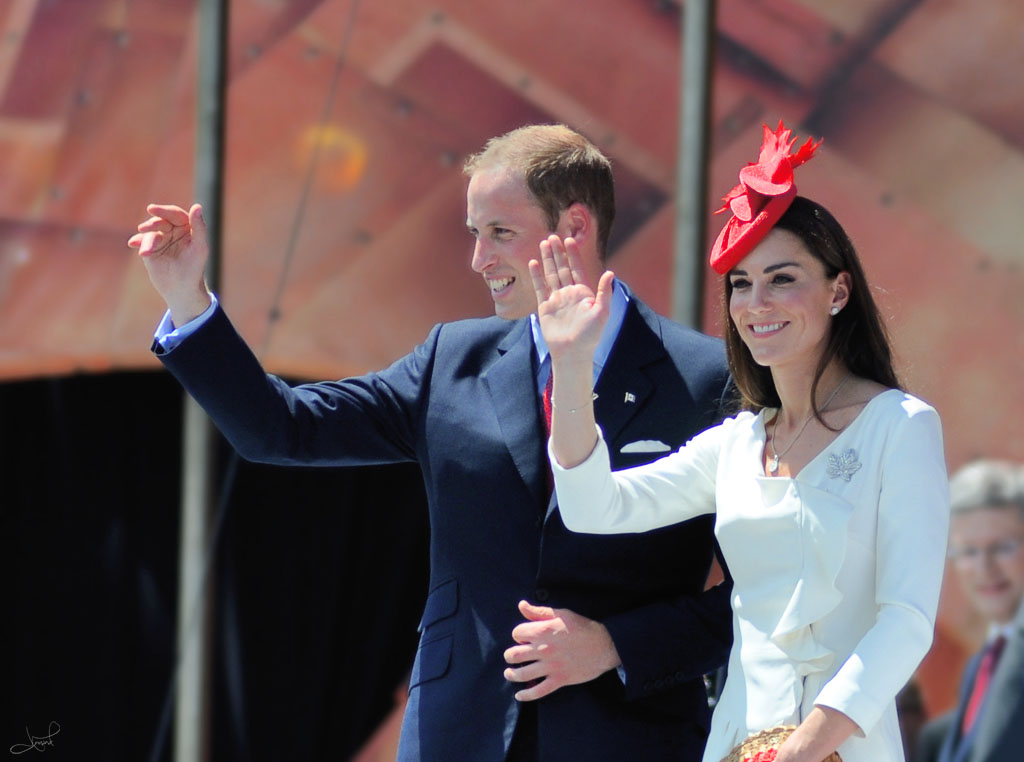It’s times like these you give and give again. Foo Fighter's lyricist Dave Grohl’s song about 'love and hope and compassion' is an apt description for a sector whose heart is defined by a desire to help people lead better lives. When it comes to my own sub-sector (Armed Forces charities), rather too often we’re perceived as being in competition and uncollaborative.
Both accusations are unfair, and our pandemic response might even offer an example to other sub-sectors.
At the heart of our sub-sector lies Cobseo – the Confederation of Service Charities. A membership organisation of some 300 charities with a board of permanent and elected members (such as SSAFA, The Soldiers’ Charity, Help for Heroes), it compares in some ways to the United Nations. It has no executive authority, but gains its strength from the willingness of its members to subordinate their own individual concerns for the greater good of the whole. It helps that the chair is a distinguished retired officer, used to dealing with devious and obfuscating political leaders (abroad of course) and therefore well able to take uncomfortable truths to the Whitehall corridors of power. Like the United Nations, it has been tested in times of crisis.
When, in common with all charities, those supporting the Armed Forces community were faced with an overnight fall in voluntary income at the start of lockdown, Cobseo was able to use the research that we (Forces in Mind Trust) had commissioned from the Directory of Social Change over a period of seven years.
We were able to – quickly – provide financial forecasts and independent analysis of reserves to the Ministry of Defence and the newly formed Office for Veterans’ Affairs. This data was used in turn to persuade the Treasury to allocate pandemic impact funding through the existing structure of the Armed Forces Covenant Fund Trust, an independent charity on whose Board Cobseo’s chair sits.
I would argue that the effectiveness of this approach was built upon two key elements: years of investment (by FiMT) in credible evidence gathering; and a relationship with government that has also been built up over a long time based on honesty, directness and mutual respect for sometimes opposing views. As I read more widely around the charity sector, I’m not sure the same could be said everywhere.
If that response has shown one positive effect of collaboration, let me also describe a non-pandemic example.
The serious business of supporting the most vulnerable is based on casework management. Here, Cobseo members are investing nearly £2m (some of it received from the Tower Poppies installation of 2014) to introduce a new management system that will allow data to be shared across participating charities. Not only does this allow a coherent delivery of direct services, it also drives ‘almonisation’, where grants can be sourced from a number of charities and bundled to provide a better level of support than if charities acted alone.
I see competition as inevitable in one area – fundraising – which remains problematic. Cherished corporate partners or events naturally vie for the public attention; they’re guarded jealously and are viewed enviously by other charities. This situation can only become more acute as we face the devastating 2021 landscape of soaring need and plummeting resources.
And it is true that even before the pandemic, some of the big hitters’ external grants programmes to other charities had been severely cut. I speak also as a trustee at Stoll, a veterans supported housing charity, where the impact of these reductions has been to cut back on some services to residents (until we can replace the funding). That said, the Royal British Legion’s accounts for 2018 still show £3.5m awarded to other organisations.
With collaboration as a core principle, Cobseo is by no means perfect. Smaller members might claim Cobseo doesn’t represent them sufficiently, nor is it generous in supporting them financially. And there would be some truth in both accusations. But when acting together, as we have all done during the pandemic, we have used the doctrine of collaboration to help support our beneficiaries. That’s our collective give.
Ray Lock CBE is chief executive of Forces in Mind Trust.
Latest News
-
Home Secretary urged to dump plans to link UK settlement to volunteering
-
Global software firm moves into events fundraising with Enthuse acquisition
-
Career path: Building a charity from the ground up
-
Friday funding roundup - 13 Feb
-
Autism support charity to close ‘due to a significant fundraising deficit’
-
Regulator urges charities to 'avoid character attacks' on politicians
Charity Times video Q&A: In conversation with Hilda Hayo, CEO of Dementia UK
Charity Times editor, Lauren Weymouth, is joined by Dementia UK CEO, Hilda Hayo to discuss why the charity receives such high workplace satisfaction results, what a positive working culture looks like and the importance of lived experience among staff. The pair talk about challenges facing the charity, the impact felt by the pandemic and how it's striving to overcome obstacles and continue to be a highly impactful organisation for anybody affected by dementia.
Charity Times Awards 2023
Mitigating risk and reducing claims

The cost-of-living crisis is impacting charities in a number of ways, including the risks they take. Endsleigh Insurance’s* senior risk management consultant Scott Crichton joins Charity Times to discuss the ramifications of prioritising certain types of risk over others, the financial implications risk can have if not managed properly, and tips for charities to help manage those risks.
* Coming soon… Howden, the new name for Endsleigh.
* Coming soon… Howden, the new name for Endsleigh.
Better Society

© 2021 Perspective Publishing Privacy & Cookies














Recent Stories